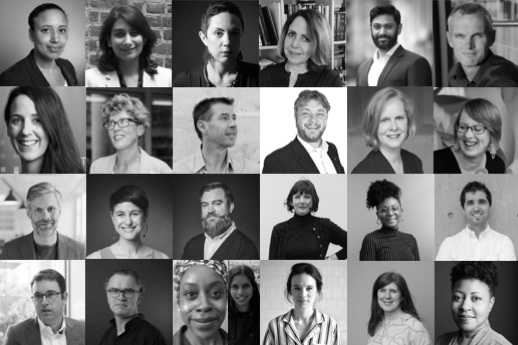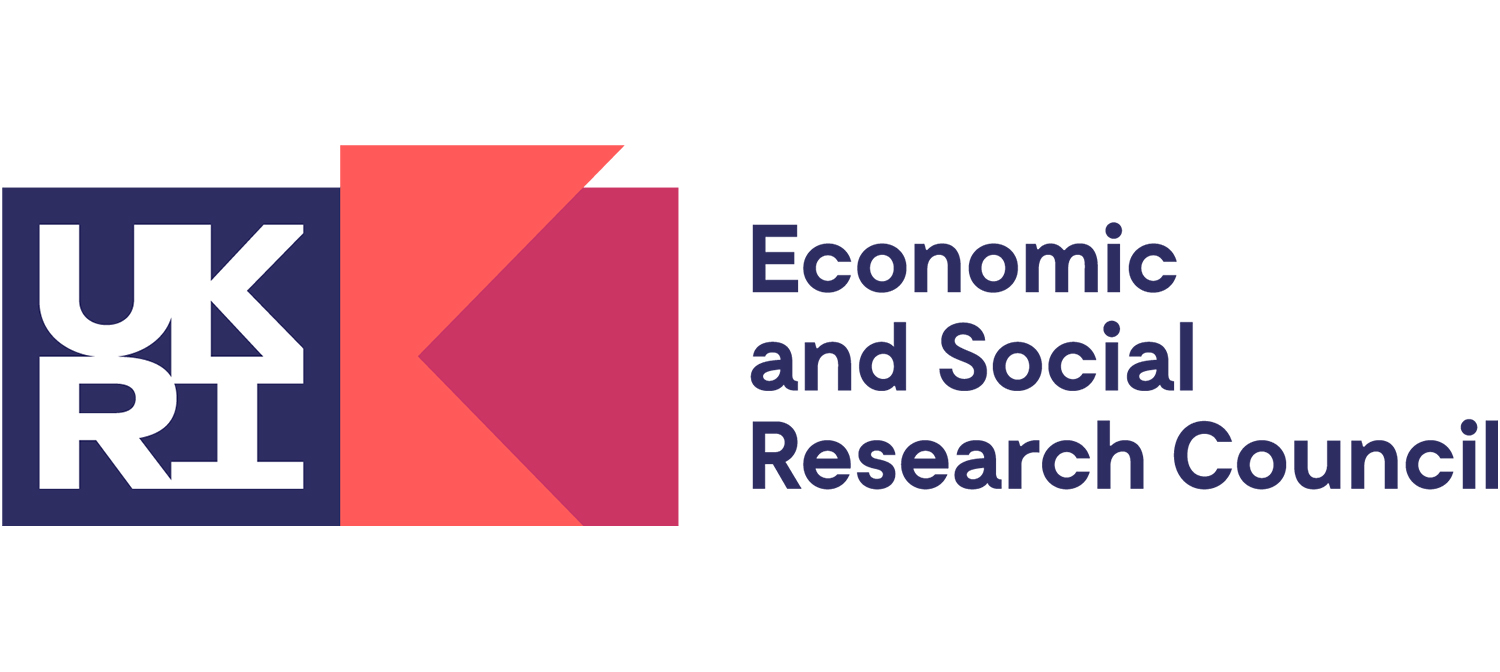Building Tech, Responsibly

After a successful inaugural event at the Watershed in 2019, the Anthropology + Technology Conference returned on Friday 9 and Monday 12 October for a second year, this time online, connecting speakers and delegates from across the globe, and two major sponsors, Microsoft UK and Spotify, with funding from UKRI (ESRC). The conference brought together people from different disciplines and industry sectors to foster discussions on building, designing, and deploying AI responsibly.
 As Phil Harvey, Senior Cloud Solution Architect for Data & AI One Commercial Partner, Microsoft UK, who spoke in the Smart Cities track, explained, “We need the perspective of anthropologists and sociologists to ensure those building the technology are doing so in a responsible way. As a programmer for over 15 years, I believe we need to have that wider conversation. We have a right to advance the art of technology in many different ways and use what we can to best advantage. But that comes with this responsibility; we have a responsibility to the people who will be affected by this technology.”
As Phil Harvey, Senior Cloud Solution Architect for Data & AI One Commercial Partner, Microsoft UK, who spoke in the Smart Cities track, explained, “We need the perspective of anthropologists and sociologists to ensure those building the technology are doing so in a responsible way. As a programmer for over 15 years, I believe we need to have that wider conversation. We have a right to advance the art of technology in many different ways and use what we can to best advantage. But that comes with this responsibility; we have a responsibility to the people who will be affected by this technology.”
At its core, the second edition of the Anthropology + Technology Conference was about asking several questions. What sort of society do we want to live in? What are the challenges of artificial intelligence that we collectively need to grapple with? As Richard Potter, CTO, Microsoft Consulting Services explained in his welcome address, the conference is “dedicated to exploring the relationship between people and technology” which “feels especially relevant now” in a world where physical contact is constrained due to the pandemic and we are reliant more than ever on digital technologies.
 However, Richard noted that “we exist in a society that is apparently more fractured than ever” and it’s never been more important to “harness the power of artificial intelligence responsibly”. Responsibility means not just addressing privacy, security, and data protection concerns, as Nani Jansen Reventlow, an internationally-renowned human rights lawyer, said in her keynote address, but understanding the “full extent of the social impact new technologies can have on human rights, which is “why it’s so important that we decolonise the digital rights space and encourage an intersectional approach to AI”. We need to do this with some “urgency given technological developments will continue at a rapid pace”.
However, Richard noted that “we exist in a society that is apparently more fractured than ever” and it’s never been more important to “harness the power of artificial intelligence responsibly”. Responsibility means not just addressing privacy, security, and data protection concerns, as Nani Jansen Reventlow, an internationally-renowned human rights lawyer, said in her keynote address, but understanding the “full extent of the social impact new technologies can have on human rights, which is “why it’s so important that we decolonise the digital rights space and encourage an intersectional approach to AI”. We need to do this with some “urgency given technological developments will continue at a rapid pace”.
The commonality across the three streams, fintech, healthtech, and smart cities was the need to bring the focus back to people and society, how we can create technology that augments human capabilities rather than replacing them, and how we can build tech that works for people, demonstrably and measurably.
That requires fundamentally changing the power structures that exist in society and means tech companies must pay more than just lip service to diversity and inclusion initiatives that, while they may “move the dial at the entry level, albeit slightly, it’s often a very different story in the upper reaches of the organisation”.
The Anthropology + Technology Conference got to the heart of these discussions across Fintech, Health Tech and Smart Cities. Eighteen short talks from speakers from Europe and North America covered topics including countering inequality in financial services, using deep learning to identify disease, safe and transparent access to health data, why representation really matters in smart cities, and the “smart enough” city.
After the stream talks and sessions, the commonality across the three streams, fintech, healthtech, and smart cities – as identified by the three Stream Leads, Anette Broløs, Melissa Wills, and Richard Potter, respectively in the penultimate session – was the need to bring the focus back to people and society, how we can create technology that augments human capabilities rather than replacing them, and how we can build tech that works for people, demonstrably and measurably.
The special evening performance of I Am Echoborg was the perfect end to the first day. And on the Monday, the conference was rounded out with 10 workshops that emphasised doing and ensured delegates came away with food for thought and actions to take back to their organisations.
Speakers
Welcome: Dawn Walter, Conference Founder, and Richard Potter, CTO, Microsoft Consulting Services.
Keynote: Nani Jansen Reventlow.
Fintech: Anders Kofod-Petersen, Susie Alegre, Erin B Taylor, Rachel O’Dwyer, Diana Finch, and Ben Breen. Stream Leads: Erin B Taylor and Anette Broløs.
Health Tech: Pearse Keane, Eerke Boiten, Ijeoma Azodo & Rafiah Badat, Martha Dark, Allison Gardner, and Kadija Ferryman. Stream Leads: Laura Sobola and Melissa Wills.
Smart Cities: Rasmus Thomsen, Lisa Talia Moretti, Phil Harvey, Gemma John, Aisha Thomas, and Ben Green. Stream Leads: Catherine Makin and Richard Potter.
Panel: Susan Halford, Ivana Bartoletti, and Sam Shah. Chair: Reema Patel.
Workshops
Ten online workshops ran on Monday 12 October, which were free to all A+T 2020 attendees on a first-come, first-served basis.
- Health Tech Workshop. Led by Health Tech stream lead, Laura Sobola
- Navigating Smart Spaces. Led by Smart Cities stream lead, Richard Potter
- How Culture Enables Technology. Workshop leader: Gayatri Sapru
- Designing AI as a Social Entity. Workshop leaders: Anna Metsäranta, Anni Ojajärvi, Antti Rannisto, and Lasse Girs (Solita)
- Turning Human Understanding into Validated Business Opportunities. Workshop leaders: Helena Linde Pedersen & Lea Møller Svendsen (IS IT A BIRD)
- What Can You Do With Anthropology? Workshop leaders: Gemma John (Human City) and Stewart Allen (Fuse Foresight)
- Rapid Ethnography Bootcamp: From Idea to Pitch. Workshop leaders: Corina Enache, Transavia, and Rosalie Post, RIGO Research & Advies.
- Making of a $2.5 billion study: weaving crowdsourcing, social sciences, and machine learning. Workshop leaders: Julien Cornebise, Azmina Dhrodia, Laure Delisle, & Freddie Kalaitzis
- Clash of the Conversational A.I. Systems: Anthropology Meets Technology. Workshop leaders: Phil D Hall, Elzware, & Rik Lander, U Soap Media
- AI As An Enabling Tool For Building Robust Healthcare Technologies. Workshop leaders: Benjamin Metcalfe, Uriel Martinez-Hernandez, & Dingguo Zhang, University of Bath
Sponsors and Supporters
Our grateful thanks to all our sponsors and supporters, without whom the conference could not have taken place.
Gold Sponsors: Microsoft, and Spotify
Silver Sponsor: Stripe Partners
Copper Sponsors: Rocketmakers, and Hargreaves Lansdown
With funding from: UKRI ESRC
Media Partner: The Human Show
Supporters: TechSpark, Dot Project, Tiny Giant, and One HealthTech Bristol




